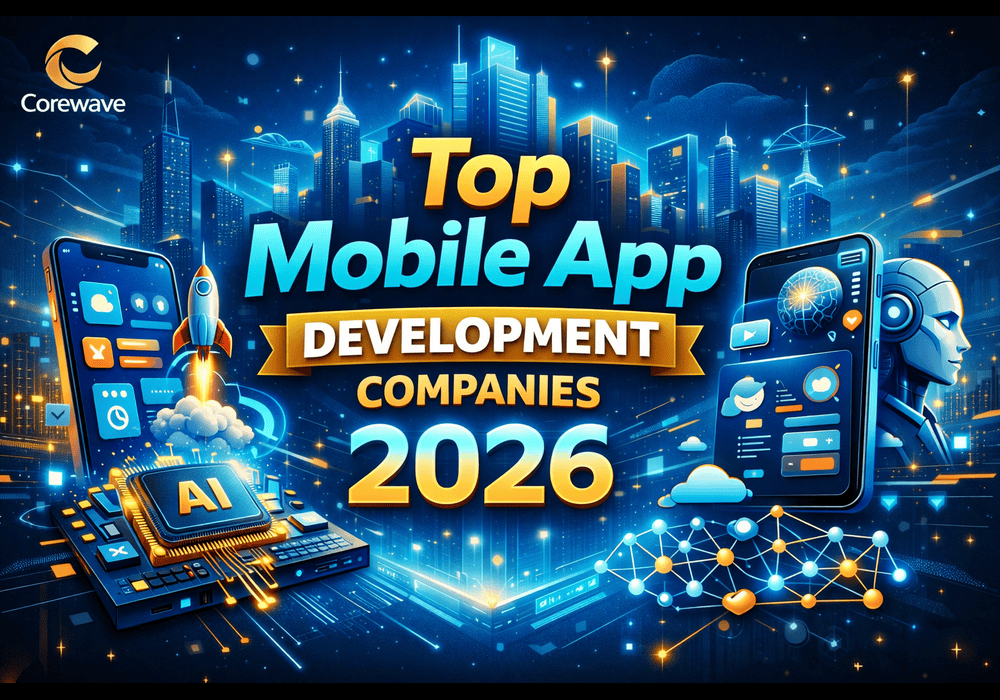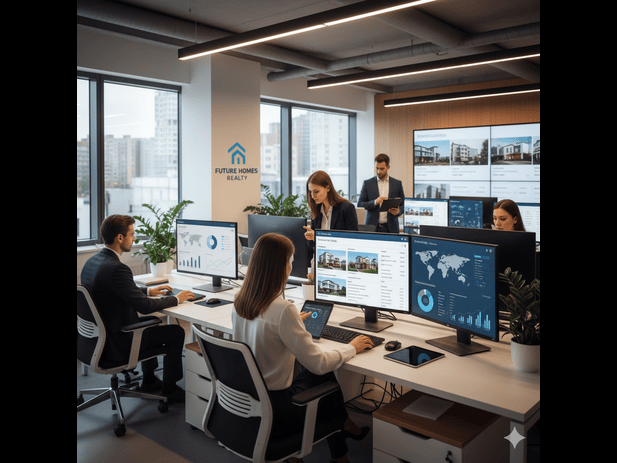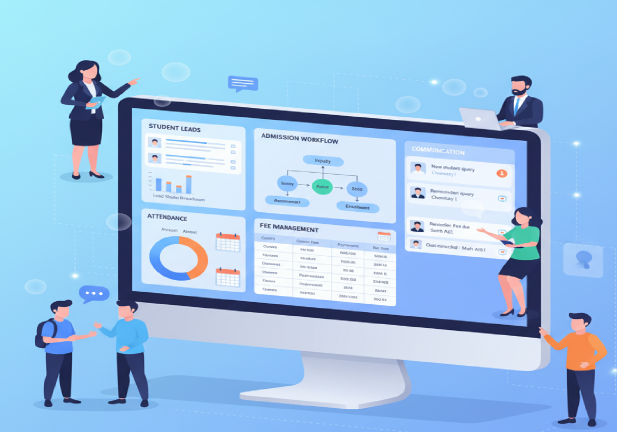In the world of software development, success isnt always guaranteed. However, there are numerous cases of software projects that not only met their goals but exceeded them. These successes often result from a combination of effective management, skilled development teams, and a focus on key lessons learned from past projects. In this blog, well explore case studies of successful software development projects and the valuable lessons we can derive from them.
1. Google Chrome: Speed, Simplicity, and Open Source Collaboration
Case Study: Google Chrome
Success Factors:
- Performance: Google Chrome was known for its speed and efficiency, making it a standout choice for users.
- Simplicity: The browsers clean and straightforward user interface made it easy for users to navigate.
- Open Source Collaboration: Google made Chrome open source, inviting contributions from developers worldwide.
Lessons Learned:
- Performance Matters: Google Chromes success was largely due to its exceptional speed, emphasizing the importance of performance in software development.
- User Experience: A simple, intuitive user interface can set a product apart from competitors.
- Open Source Collaboration: Googles open-source approach facilitated collaboration and the creation of a vibrant developer community.
2. Android OS: Open Source, Collaboration, and Market Expansion
Case Study: Android OS
Success Factors:
- Open Source: Android is open source, allowing manufacturers to customize and deploy it on a wide range of devices.
- Collaboration: The Android ecosystem relies on collaboration between manufacturers, developers, and the open-source community.
- Market Expansion: The Android OS has dominated the global smartphone market due to its open approach.
Lessons Learned:
- Open Source Flexibility: Open source software can be adapted for various applications, fostering a diverse ecosystem.
- Ecosystem Collaboration: Collaboration among diverse stakeholders can lead to a broader market and rapid expansion.
- Market Dominance: Androids dominance demonstrates the potential of open source in capturing market share.
3. Apple iOS: Seamless Integration and User-Centric Approach
Case Study: Apple iOS
Success Factors:
- Seamless Integration: Apples ecosystem of devices and software created a seamless user experience.
- User-Centric Approach: iOS prioritizes user experience, resulting in a loyal customer base.
- App Store: The App Store provides a secure and convenient way to access third-party apps.
Lessons Learned:
- Ecosystem Synergy: Integrating hardware and software can enhance user experience and brand loyalty.
- User-Centric Design: Focusing on user needs and preferences can lead to strong user engagement and loyalty.
- App Marketplace: A secure and user-friendly app marketplace can drive adoption and engagement.
4. Tesla: Over-the-Air Updates and Innovation
Case Study: Tesla
Success Factors:
- Over-the-Air (OTA) Updates: Teslas ability to deliver software updates remotely improved car performance and added new features.
- Innovation: Tesla is known for pushing the boundaries of innovation in electric vehicle technology.
- Customer Feedback: The company actively listens to customer feedback and incorporates it into software updates.
Lessons Learned:
- OTA Updates: Leveraging OTA updates can enhance products, provide ongoing value to customers, and reduce the need for hardware recalls.
- Innovation Leadership: Embracing innovation and pushing the boundaries of whats possible can differentiate a product or service.
- Customer-Centric Approach: Listening to customer feedback and making improvements based on their needs is vital.
5. Airbnb: Platform Growth, User-Centric Design, and Community Building
Case Study: Airbnb
Success Factors:
- Platform Growth: Airbnb scaled its platform globally, connecting hosts and travellers.
- User-Centric Design: The user-friendly interface made booking and hosting simple.
- Community Building: Airbnb fostered a sense of community among hosts and guests.
Lessons Learned:
- Platform Scaling: Successfully scaling a platform can create opportunities for global expansion and growth.
- User-Centric Design: Prioritizing user experience is key to building a loyal user base.
- Community Building: Creating a sense of belonging and community among users can enhance trust and engagement.
Lessons Learned from These Case Studies
- Performance and User Experience Are Paramount: Google Chromes speed and simplicity, iOSs user-centric approach, and Airbnbs user-friendly platform all emphasize the importance of performance and user experience. These elements set successful projects apart from the competition.
- Open Source and Collaboration Foster Innovation: Androids open-source approach and Google Chromes open collaboration encouraged innovation and expansion. These projects demonstrate the power of open ecosystems in software development.
- Ecosystem Synergy Creates Brand Loyalty: The synergy between hardware and software in Apples ecosystem and Teslas over-the-air updates enhanced brand loyalty. Creating a seamless user experience and continuous innovation can lead to long-term success.
- User-Centric Design Drives Engagement: Apple iOSs user-centric approach and Airbnbs user-friendly platform show that listening to user needs and preferences is crucial. User-centric design not only drives engagement but also builds trust and loyalty.
- Community Building Enhances Trust and Engagement: Airbnbs community-building approach, which fosters a sense of belonging among users, exemplifies how community-building can enhance trust, engagement, and loyalty.
In conclusion, successful software development projects are driven by a combination of factors, including performance, user experience, open collaboration, ecosystem synergy, user-centric design, and community building. The case studies discussed in this blog illustrate how these elements can lead to successful outcomes. By learning from these lessons, software developers can improve their chances of creating projects that not only meet their goals but exceed them, leaving a lasting impact on users and the industry as a whole.












.jpg)